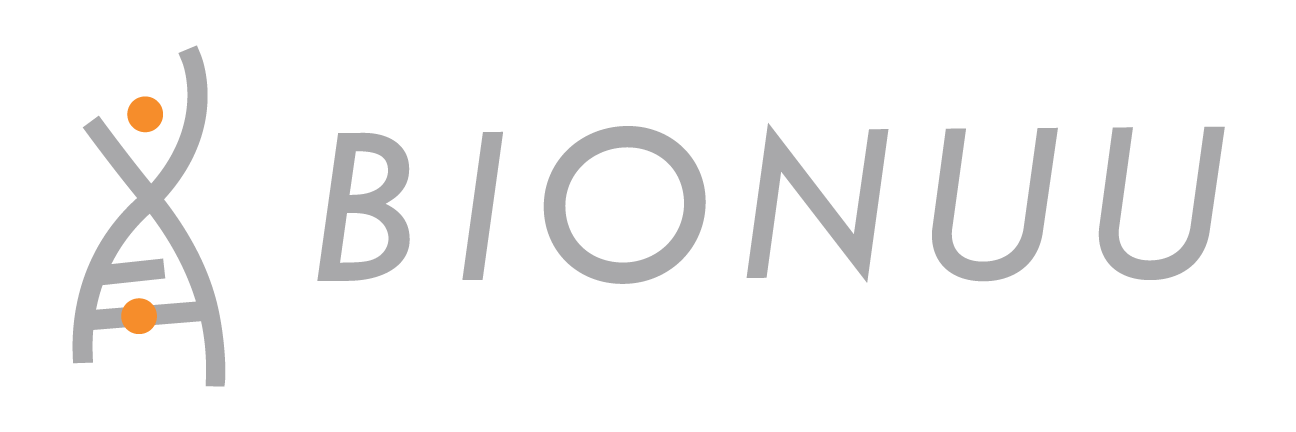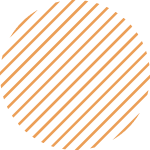Balance your hormones, balance your life with Bionuu’s Hormone Replacement Therapy.

Is a hormone imbalance holding you back?
- Are you experiencing fatigue or low energy levels?
- Have you gained weight or are having difficulty losing weight?
- Are you experiencing joint pain or stiffness?
- Have you noticed hair loss or thinning?
- Have you experienced high blood pressure or heart rate?
- Do you have cold intolerance or sensitivity to cold?
- Have you been diagnosed with diabetes or insulin resistance?

We know what you’re going through.
Hormonal imbalances can be frustrating and difficult to manage. At Bionuu Clinic, we understand that and we’re here to help. Our personalized hormone replacement therapy plans can help you alleviate symptoms like mood swings, hot flashes, and low libido so that you can feel like yourself again. With our guidance on nutrition and lifestyle changes, you can also improve your overall health and well-being. We believe that when your hormones are balanced, you can enjoy a peaceful and balanced life. Let us help you get there. Choose Bionuu for hormone replacement therapy and take control of your health and happiness.
Hormones are the chemical messengers that keep your body humming along smoothly

As we age, our hormone levels can decline, leading to all sorts of unpleasant symptoms like mood swings, weight gain, and decreased libido. That’s where HRT comes in – we use bioidentical hormones derived from natural sources to safely and effectively balance your hormones and alleviate those pesky symptoms.
Our team of experts takes a comprehensive approach to your health, considering factors like age, gender, and lifestyle to create a customized treatment plan. We offer a variety of delivery methods for your comfort, including creams, pellets, patches, and injections.
For women, hormone replacement therapy can help with hot flashes, night sweats, mood swings, and vaginal dryness, while improving energy levels and libido. Men benefit from HRT too, with improvements in muscle mass, bone density, and libido, and relief from symptoms of low testosterone like fatigue and depression.
But we don’t stop at HRT – we believe in a holistic approach to health and wellness. Our team can provide guidance on nutrition, exercise, and lifestyle changes that complement your hormone replacement therapy and help you achieve your best possible health.
Frequently asked questions
How do I get started?
Getting started with Bionuu Clinic is simple. Begin by booking a consultation through our website or by calling our office directly. This initial step will introduce you to our personalized approach to wellness and allow you to discuss your health concerns and goals.
What happens in an initial session?
During your initial session, our team will conduct a comprehensive assessment of your health history and current concerns. This may include a discussion about your lifestyle, diet, and any symptoms you’re experiencing. Based on this, we’ll suggest potential diagnostic tests and discuss treatment options to create a tailored wellness plan for you
How long will this process take?
The duration of your wellness journey with us varies depending on individual health needs and goals. Some clients see significant improvements within a few weeks, while others engage in longer-term therapies. We focus on sustainable, long-term health improvements, and our team will work with you to set realistic timelines.
Where are you located? Can we meet virtually?
Bionuu Clinic is located in Centennial Colorado, readily accessible for in-person consultations. We also understand the need for flexibility, so we offer virtual consultations for clients who prefer remote sessions or are unable to visit our clinic. This way, you can receive expert care from the comfort of your home.





